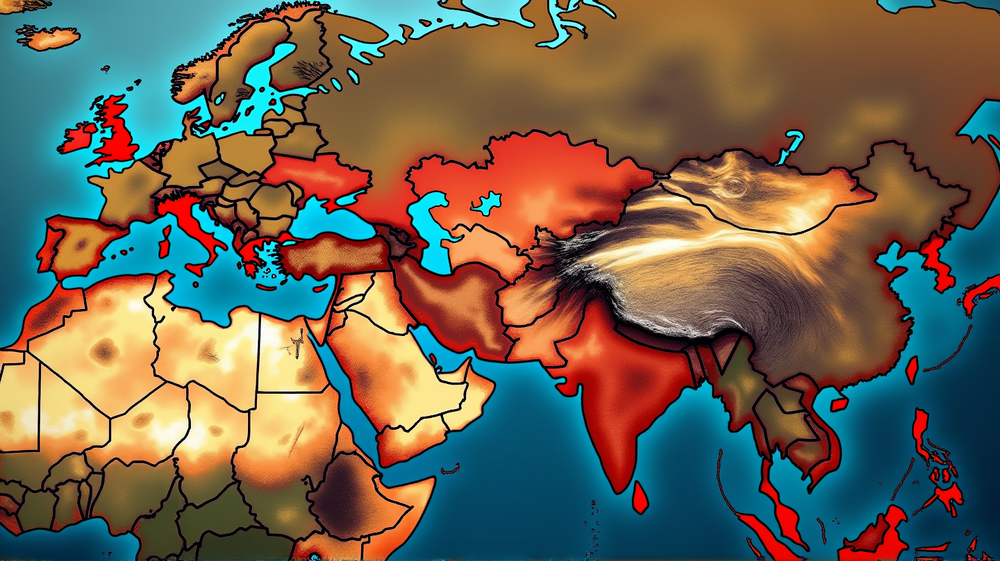In a world of fragile alliances and shifting power balances, the ongoing conflict between Israel and Iran places Russia in a unique position as both an ally and an intermediary. This complex relationship demands Russia’s navigational prowess in maintaining diplomatic equilibrium in the Middle East.
Russia’s Historical Alliances
Russia has long held strategic relationships in the region, particularly with Iran, tied to shared interests in historical and geopolitical contexts. From intervening in Syria alongside former President Bashar al-Assad to recent military collaborations, Russia and Iran have grown closer over the years. However, the recent hostilities have forced the Kremlin to re-evaluate its stance.
The Ministry of Foreign Affairs in Moscow did not shy away from condemning Israel’s actions, calling them “unprovoked military strikes against a sovereign UN member state.” Yet, Russia’s reliance on diplomatic channels and its vested interest in sustaining relations with Israel mutes the prospect of strong military engagement alongside Iran.
The Interests at Play
Beyond friendship, practical interests govern Russia’s actions. Independent Middle East specialist Ruslan Suleymanov emphasizes the significance of balance. “Maintaining relations with Israel is crucial for Moscow,” states Suleymanov. The nuanced relations reveal Moscow’s refusal to blacklist Hamas as a terrorist organization, underlining a commitment to the continued balance between Palestinian support and Israeli goodwill—particularly its concerns about Russian Jews.
Russia: Diplomatic Peacemaker?
The current turmoil between Israel and Iran may open avenues for Moscow as a diplomatic powerbroker. Vladimir Putin’s offer of mediation underscores Moscow’s objective stature, potentially capitalizing on its ties with both nations. Yet, analysts caution that Russia’s influence has waned since the Syrian regime’s transformation, redirecting attention towards a larger geopolitical strategy involving Ukraine.
According to Al Jazeera, some suggest that the heightened crisis in the Middle East allows a reframing of global priorities, shifting Western attention and resources from Ukraine towards Israel. However, Putin’s strategic maneuvering on the international stage remains an ambitious but veiled grand strategy.
The Future of Engagement
Given the Kremlin’s complex role, don’t expect a pivotal shift in Moscow’s policies but rather a continued focus on intricate diplomacy. Despite Sergey Mardan’s declaration against alliances with Israel, realpolitik suggests that overt military alignment remains improbable, as cooperation with Tel Aviv hitherto proved essential for regional operations in Syria.
Conversely, if the Middle East tensions de-escalate, ambiguity could return, yet the echoes of geopolitical ripples are hearable across broader contests, especially in regards to Ukraine’s territorial discourse.
Russia continues its diplomatic dance, threading the fine line between loyalty and pragmatism, ensuring its influence in the Middle Eastern conflict narrative.












